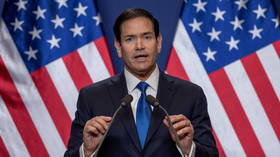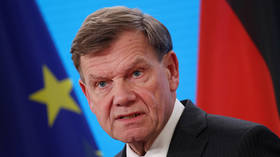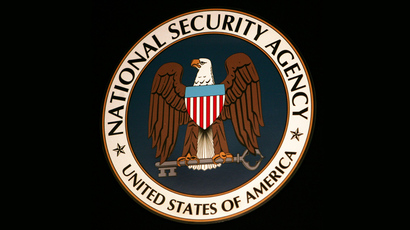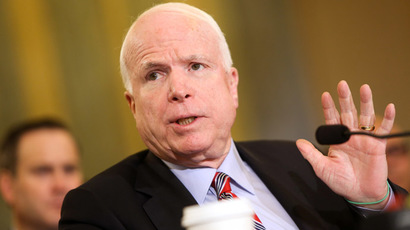Cyber Command and NSA breakup looming over Snowden leaks - report
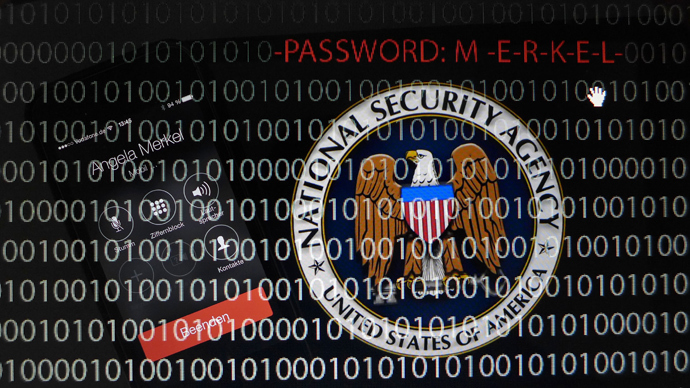
The fallout over the Snowden affair hits "critical stage" as Washington continues the push to separate Cyber Command, which oversees cyberspace operations, from the National Security Agency.
Following the most devastating leak of sensitive information in US history, the White House is preparing not only to separate the two entities, but bring aboard a civilian director, which would mark a first for the 61-year-old agency, Reuters reported, citing unnamed individuals who were briefed on the issue.
News of the proposal comes amid a steady stream of stunning
revelations, made public in May by NSA whistleblower Edward
Snowden, which showed the long arm of America’s spying operation
that targeted the internet and telephone communications of allies
and enemies alike.
Presently, US Cyber Command and the NSA are overseen by Army General Keith Alexander, 61, who is retiring in March.
When Snowden revealed in June that he was the source of the
leaks, Alexander offered to resign from his post, but was
refused by President Obama.
Reuters reported last month that Vice Admiral Michael Rogers,
commander of the US Navy's 10th Fleet and the Navy's top
cyberwarfare officer, was a top candidate to be the next NSA
director.
Critics say splitting off Cyber Command, the agency responsible for carrying out cyber warfare operations, from the NSA, which is tasked with monitoring internet and telephone traffic to detect national security threats, will provide for better oversight, as well as guard against any future attempts at inside espionage.
Two government officials, speaking on condition of anonymity, said the discussions over the separation of powers are “nearing a critical stage,” Reuters reported.
Meanwhile, White House spokeswoman Caitlin Hayden said Obama
remains undecided on the matter.
"With General Alexander's planned departure next spring, this
is a natural point to look at this question to ensure we are
appropriately postured to address current and future security
needs," Hayden said. "We have no new decisions to announce
at this point."
The report hinted a decision could be announced soon and possibly simultaneously with the results of the Obama administration’s review of NSA activities, tentatively scheduled to be released in mid-December. This has become a source of intense public debate since the Snowden disclosures went public.
In May Snowden handed over highly classified documents to the
Guardian newspaper, detailing the electronic surveillance by the
NSA and its British counterpart, Government Communications
Headquarters GCHQ.
This week, US and British officials admitted they are concerned
about a “doomsday” collection of top secret, heavily encrypted
information they believe the former NSA contractor may have
stored away.
The classified information, protected by elaborate encryption
that requires multiple passwords to access, is said to contain
documents listing the identities of US and allied
intelligence personnel.
Snowden, who is considered a fugitive in the United States, is
now living in Russia where he has been granted temporary asylum
status.



